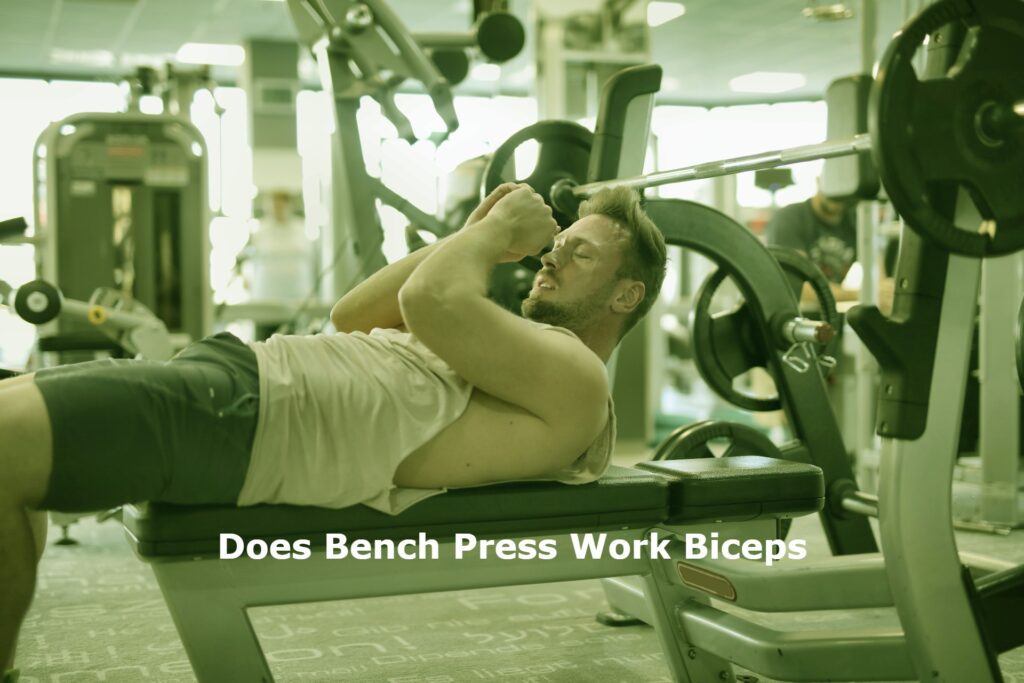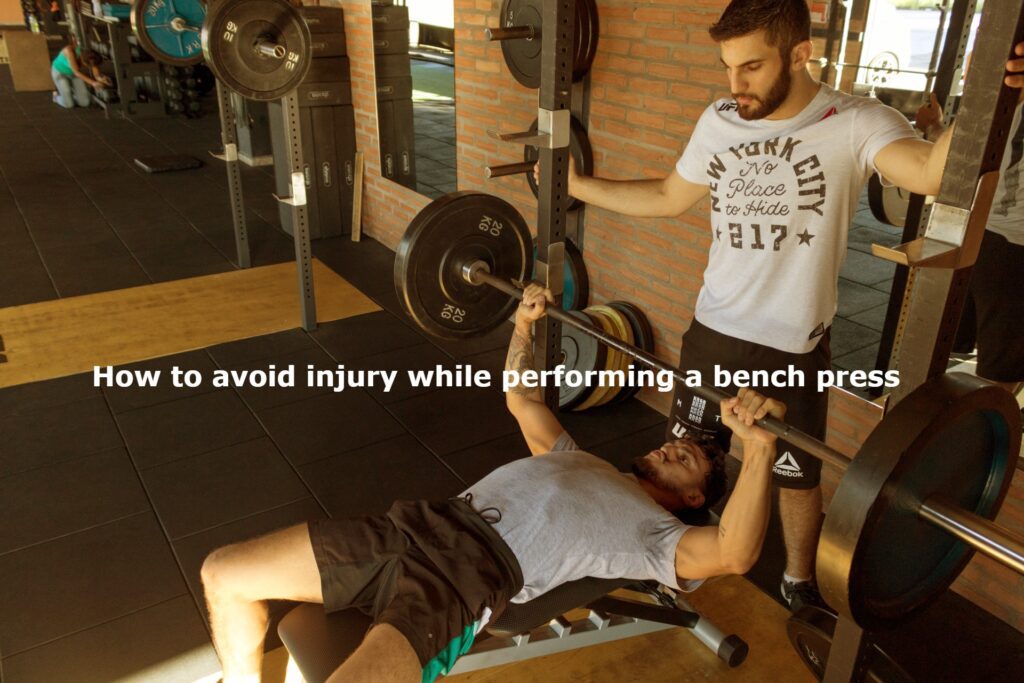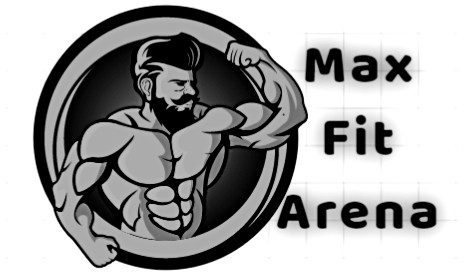Does Bench Press Work Biceps? Find Out

There’s a lot of debate about whether or not the bench press is an effective exercise for the biceps. Some people say that it does work for them, while others believe that it doesn’t do much at all. So, what’s the truth? Does bench press work biceps or not? In this blog post, we’ll take a look at the evidence and find out once and for all!
The first thing to consider is the anatomy of the biceps. The biceps muscle is made up of two different heads – the long head and the short head. The long head originates from the scapula, while the short head originates from the coracoid process. Both of these heads insert into the radius bone in the forearm.
When you do a traditional biceps curl, you’re working both heads of the muscle. However, when you do a bench press, you’re only really working the long head of the biceps. This is because the range of motion in a bench press is much shorter than in a biceps curl.
Does Bench work the Biceps?
As a result, the long head of the biceps doesn’t get as much of a workout. So, does this mean that the bench press is ineffective for building biceps? Not necessarily. The long head of the biceps is responsible for two-thirds of the muscle’s overall size, so it’s still getting some work even in a shortened range of motion. Plus, the bench press is a compound exercise, meaning it works for multiple muscle groups at once. As a result, you’re still getting some biceps work even if it’s not the primary focus of the exercise.
If you’re looking to build bigger biceps, then you’ll probably want to focus on exercises that specifically target the muscle, such as biceps curls. However, if you’re just looking to maintain your current level of muscle mass, then the bench press is a perfectly fine exercise to include in your routine.
So there you have it, let’s take a look at what a bench press means and how to perform a bench press.
What does a Bench Press mean?
The bench press is a weightlifting exercise in which the lifter lies on their back on a bench and presses a weight upwards. The exercise works the pectoral muscles, triceps, and anterior deltoids. A variation of the bench press is the incline bench press, which is performed at an incline rather than a flat bench.
The benefits of the bench press include increased muscle mass and strength, improved bone density, and improved joint health. The exercise can be performed with dumbbells, barbells, or a machine. The amount of weight that is lifted depends on the individual’s strength and fitness level.
Beginners should start with a lighter weight and gradually increase the amount of weight as they become more physically fit. For safety reasons, it is important to use proper form when performing the bench press. Incorrect form can lead to injuries such as strains and fractures.
How to perform a bench press correctly
The bench press is a classic weightlifting move that can be performed with a barbell or dumbbells. It is an excellent exercise for building upper body strength and can be adapted to target different muscle groups.
To perform a basic bench press, start by:
- Lying on your back on a flat bench.
- Make sure that your feet are planted firmly on the ground and your back is straight.
- Next, hold the barbell at shoulder-width apart with your palms facing forward.
- From here, slowly lower the barbell towards your chest, keeping your elbows tucked in close to your sides.
- Pause when the barbell is an inch or two above your chest before pressing it back up to the starting position.
- Remember to breathe throughout the movement and to keep your core engaged.
As you become more comfortable with the movement, you can experiment with different grip widths and hand positions to target different muscle groups. For example, a narrower grip will work your triceps more, while a wider grip will focus on your chest muscles.
You can also switch to using dumbbells instead of a barbell; this will allow you to move each weight independently, which can help to correct any imbalances in your strength. With practice, you will be able to increase the amount of weight you are lifting. source
How to avoid injury while performing a bench press

While the bench press is a great exercise for building upper body strength, it’s also one of the most common exercises that lead to injury. To avoid becoming a statistic, there are a few things you can do.
- First, make sure you have a spotter. A spotter is someone who can help you if you get stuck while lifting the weights.
- Second, use a weight that’s appropriate for your strength level. It’s tempting to try to lift more than you’re capable of, but this increases your risk of injury.
- Third, use proper form. This means keeping your back flat on the bench and your feet planted firmly on the ground.
- Finally, don’t arch your back or jerk the weights up. These two mistakes are often the cause of serious injuries.
By following these simple tips, you can avoid becoming injured while performing the bench press.
Does Steroids increase bench press results?
The short answer is yes, steroids will help you bench more. But there’s a lot more to the story than that.
First of all, steroids are illegal and can be dangerous but there are legal ones that mimic the work of the illegal steroids, so if you’re considering using them, you should talk to your doctor first.
Second, steroids work by increasing your muscular strength and size, so if you’re not working out regularly, they’re not going to do much for you.
Finally, even if you are lifting weights regularly, many other factors will affect your bench press results, such as your diet, sleep habits, and genetic makeup. So while steroids may give you a bit of an edge, they’re not a magic bullet.
Does Bench Press Work Biceps? – Final Thought
If you’re like most people, you probably think of the bench press as an exercise for your chest. And while it’s true that the bench press is a great way to build up your pecs, it can also work your biceps.
When you lower the barbell to your chest, your biceps have to work hard to keep the weight under control. As a result, the bench press can be an effective exercise for building strength in your arms. Just be careful not to let your ego get in the way.
If you try to lift too much weight, you’ll likely end up injuring your shoulders or elbows. So start light and focus on quality reps. With time and patience, you’ll see results in both your chest and arms.
